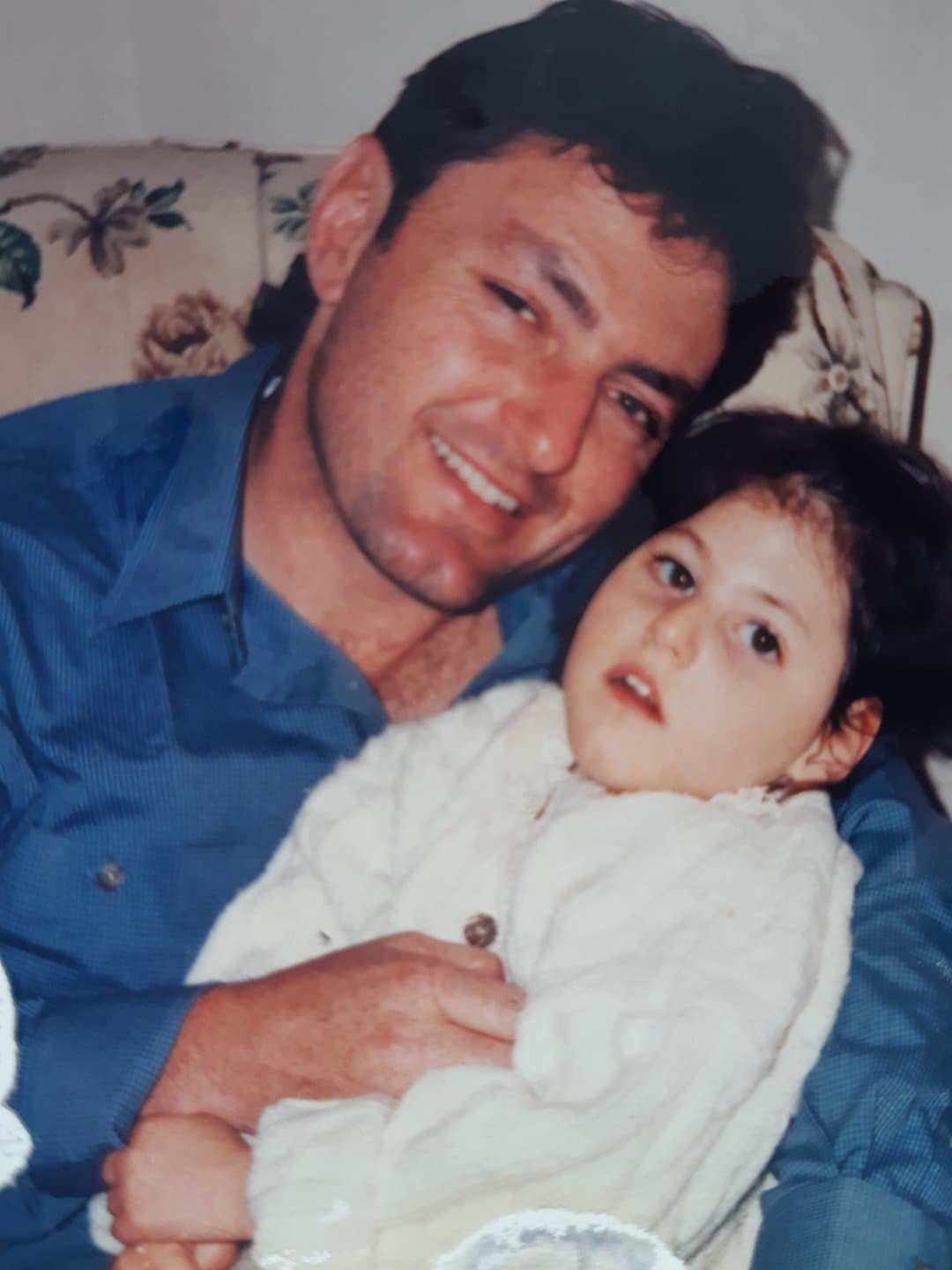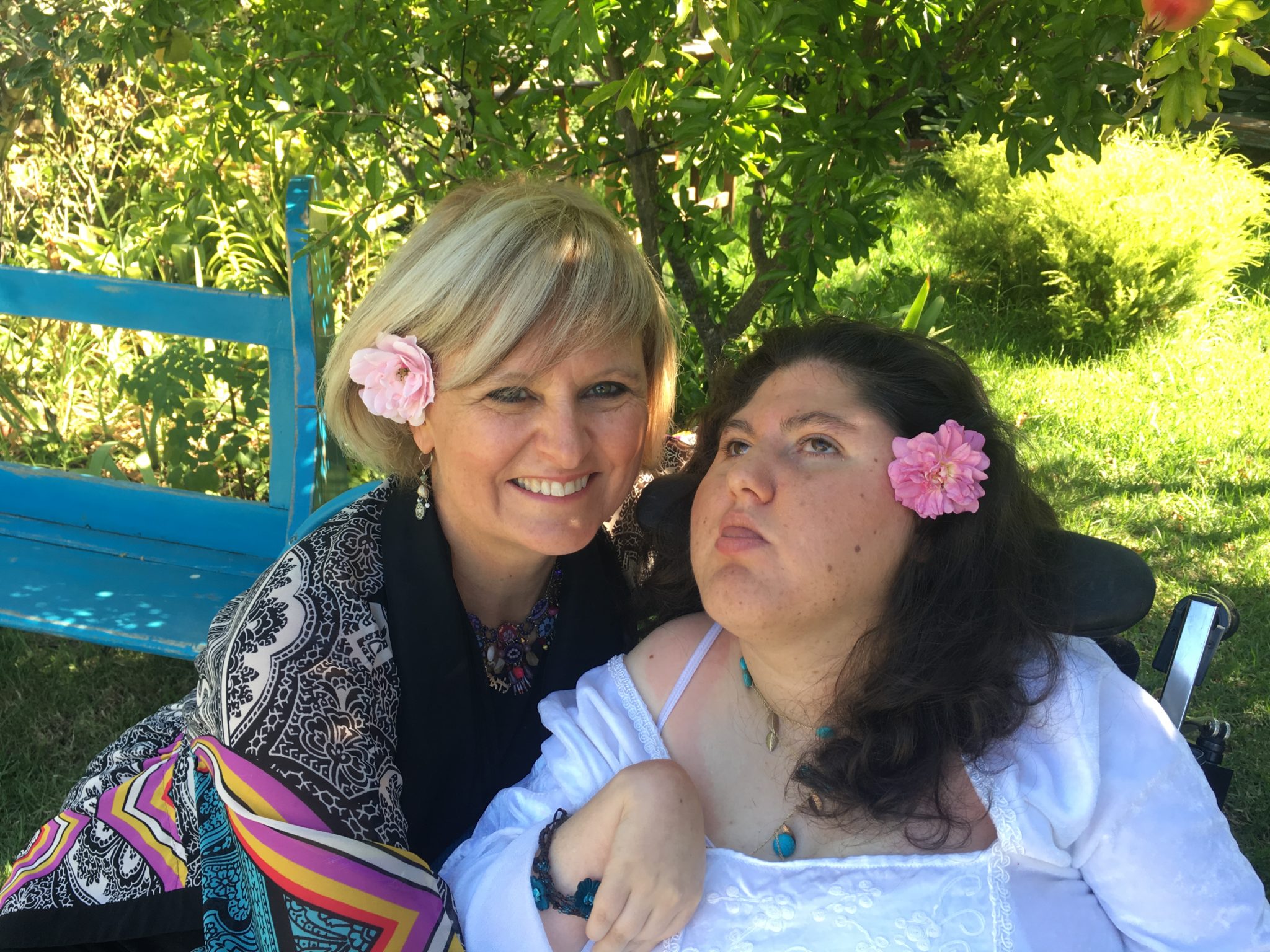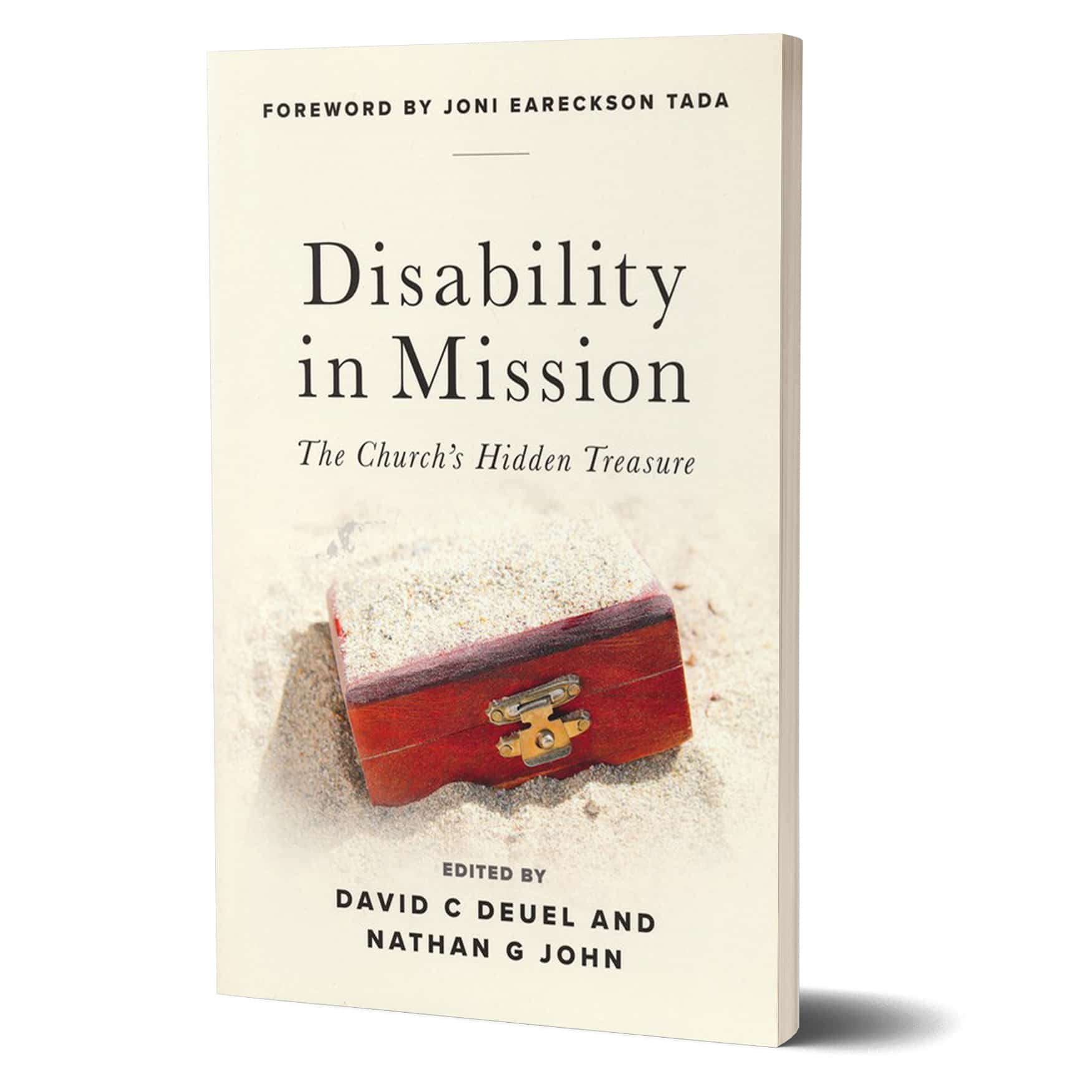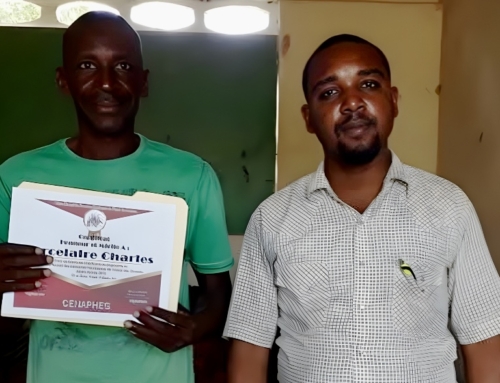Quiet Witness
 In 1991 we were training as missionaries in Johannesburg when I fell pregnant with our second child. I had a wonderful pregnancy but a very difficult labour. A beautiful little girl was born to us, and we named her Sarah, which means princess.
In 1991 we were training as missionaries in Johannesburg when I fell pregnant with our second child. I had a wonderful pregnancy but a very difficult labour. A beautiful little girl was born to us, and we named her Sarah, which means princess.
Sarah didn’t cry like a ‘normal’ healthy baby but instead whimpered, so they whisked her away for tests and left us waiting for hours for results – and to see her again. With a stony face, the paediatrician told us that our precious princess had a condition called hydranencephaly and would live for no more than three or four days.
Outwardly Sarah looked like any other beautiful newborn baby but with cerebral spinal fluid filling her brain cavity and the tiny rim of her brain, we were advised to leave her in the hospital and walk away.
How could we?
On day three of Sarah’s life, we celebrated the resurrection of the Jewish messiah, Yeshua, and we dedicated her to the Lord.
As we shared with our family and friends about Sarah’s arrival and her condition, Job’s comforters came to our side. They counselled us that the sin in our lives had brought this about, and that just an iota of faith would cause her to be healed. Apparently, we lacked such faith because her circumstances only seemed to worsen for a time.
Our lives absorbed a routine of regular hospital visits and physio appointments, with new medications seeking to help her seizures that we had thought was colic. By the age of one, she was still as limp as a rag doll, and I was miserable. I attended another one-year-old’s birthday party, and watched other mothers’ babies starting to walk and reach exciting milestones. Not Sarah.
It was agonising to be at that party. But someone was watching me.
One year later, a mother-friend brought a gift for Sarah to us. She told me that she had cancelled her abortion on account of my bringing Sarah to that party. The baby in her womb had been diagnosed with a severe brain abnormality so she was advised to abort. Seeing me with Sarah, she thought to herself, “If that woman can do it, so can I.” To her utmost joy, her baby was born perfectly healthy. A misdiagnosis.
 The Lord knows the plans He has for us; not to harm us, but to give us a hope and a future. Was our princess born with severe brain damage so that this woman’s little boy could live?
The Lord knows the plans He has for us; not to harm us, but to give us a hope and a future. Was our princess born with severe brain damage so that this woman’s little boy could live?
I mourn the loss of babies who have not seen the light of day because of misdiagnosis. I bemoan the number of babies who have been abandoned in a hospital, starved of food and human contact.
Though she has never spoken a word, Sarah has survived all the odds stacked against her. She has had constant health troubles and been condemned time and again by medical professionals to a short life of no quality.
Yet she never fails to show us that God uses our lives daily, and some of our circumstances bring His glory to earth.
We joyfully celebrated Sarah’s Bat Mitzvah at age 12, and she has now made it to 29 years of life — in the midst of coronavirus! Had we heeded the hospital’s advice and left our daughter to die in their ‘care’, what ministry could she have had to us and the world we’re in?
Sarah’s quiet witness has taught us more lessons than a thousand sermons.
In her own way, she affirms that God’s plans and purposes can bring inordinate blessing. We just need to wait, watch, and trust Him with our whole being.
Written By—Louise and Lawrence Hirsch
Louise and Lawrence Hirsch are directors of Celebrate Messiah Australia and pastors of messianic congregation Beit haMashiach. They have been involved in planting several messianic congregations and have had the privilege of leading many Jewish people to faith in Yeshua (Jesus).
Edited by David C. Deuel & Nathan G. John
Disability in Mission
Disability in Mission: The Church’s Hidden Treasure outlines a radical change in approaches to missiology, missions, and praxis for the twenty-first-century global cultural context. It explores a pattern whereby God works powerfully in missions through disability and not in spite of it.
Pray with Us
Heavenly Father, we come before you requesting a miracle. Lord of disability, please change our hearts. We confess that we doubt or dismiss people with disabilities. But worse, we pridefully make them objects of pity when instead we should see your calling and giftedness in their lives.
Please use this book’s testimonies of your sufficient grace. May the many missionary lives lived faithfully with disability remind us that called and gifted people with disabilities are platforms for your enablement, showcases for your glory. Remind us that disability is your stage for shocking a watchful world.
We believe that you can and will heal all disabilities. But on your disability stage, display your power by changing our hearts.






